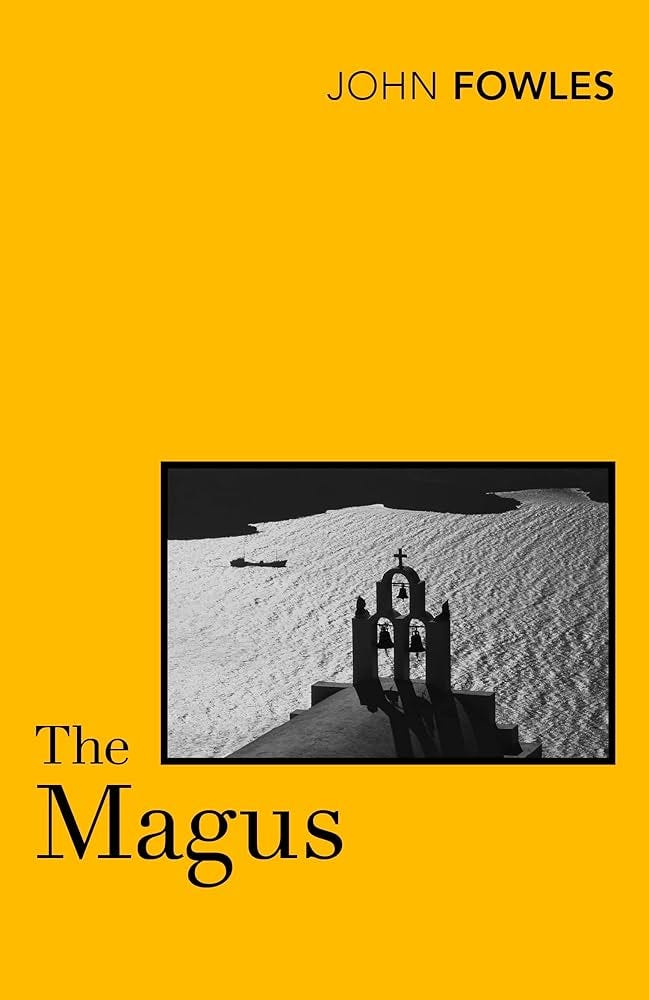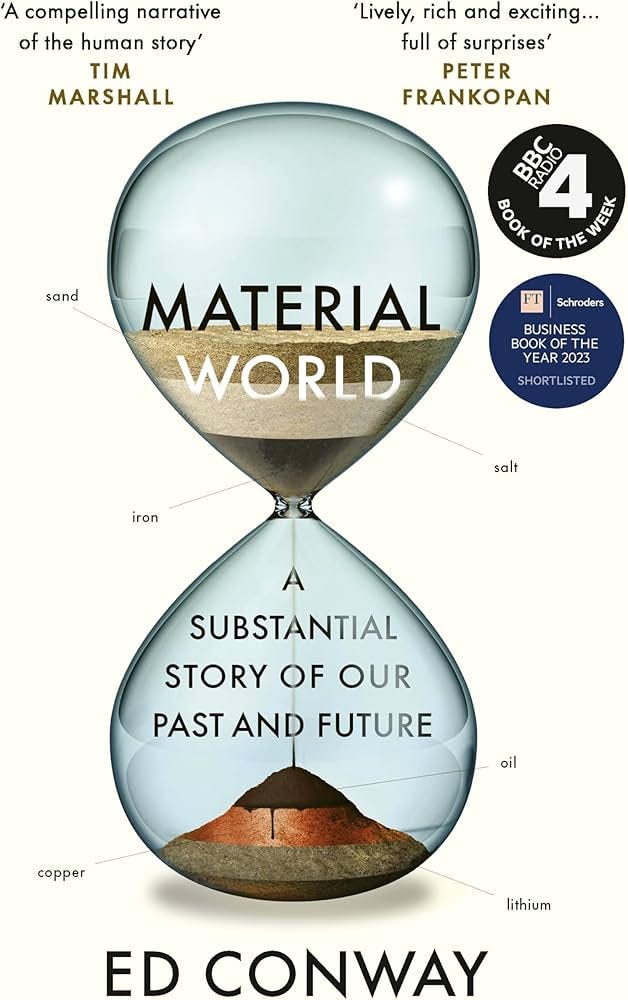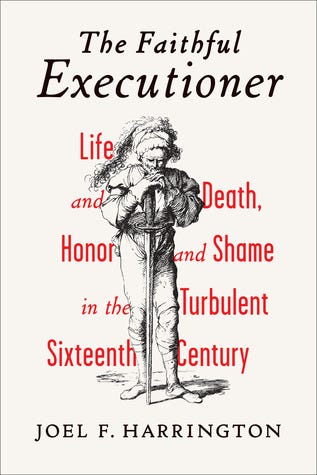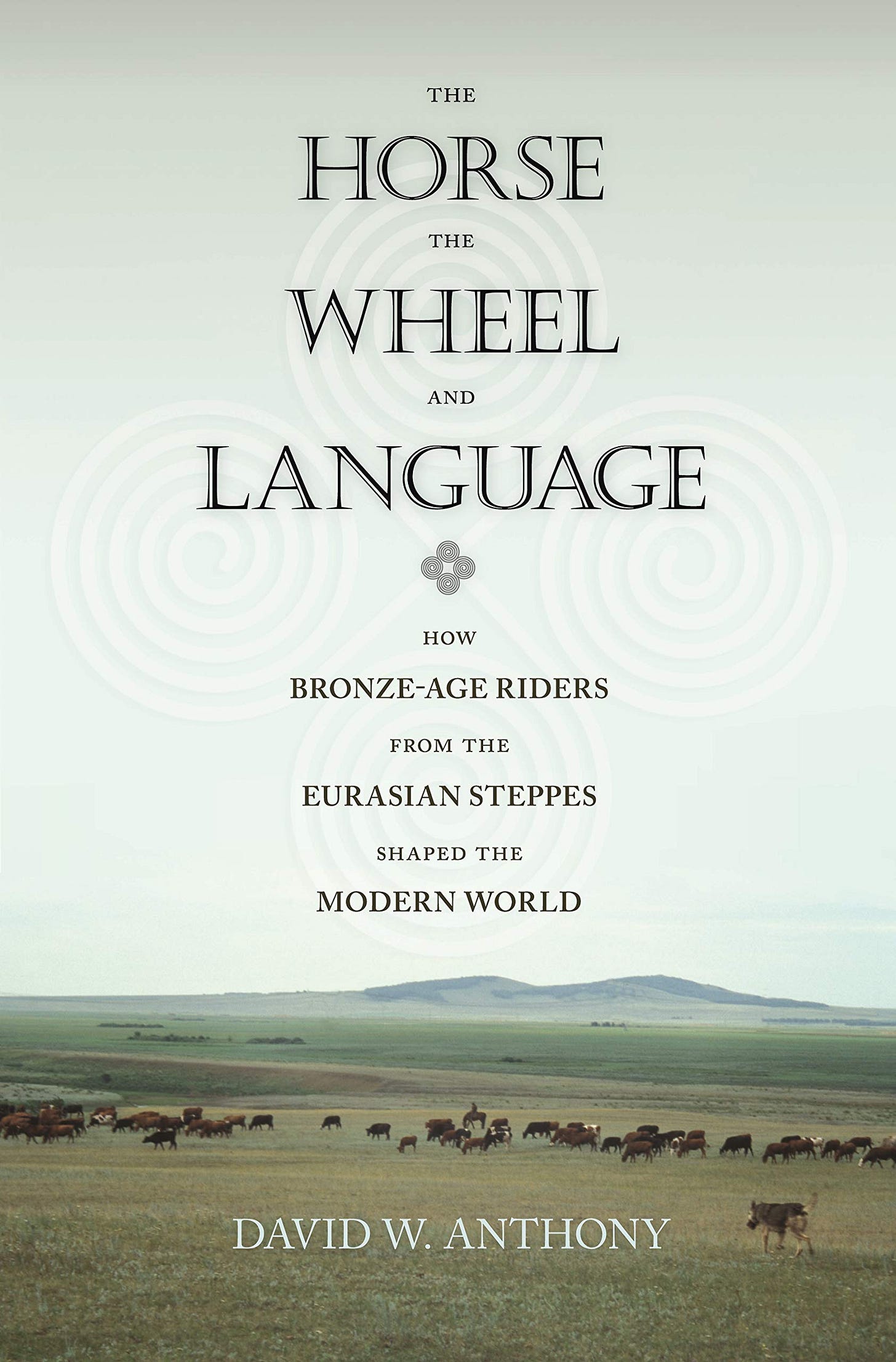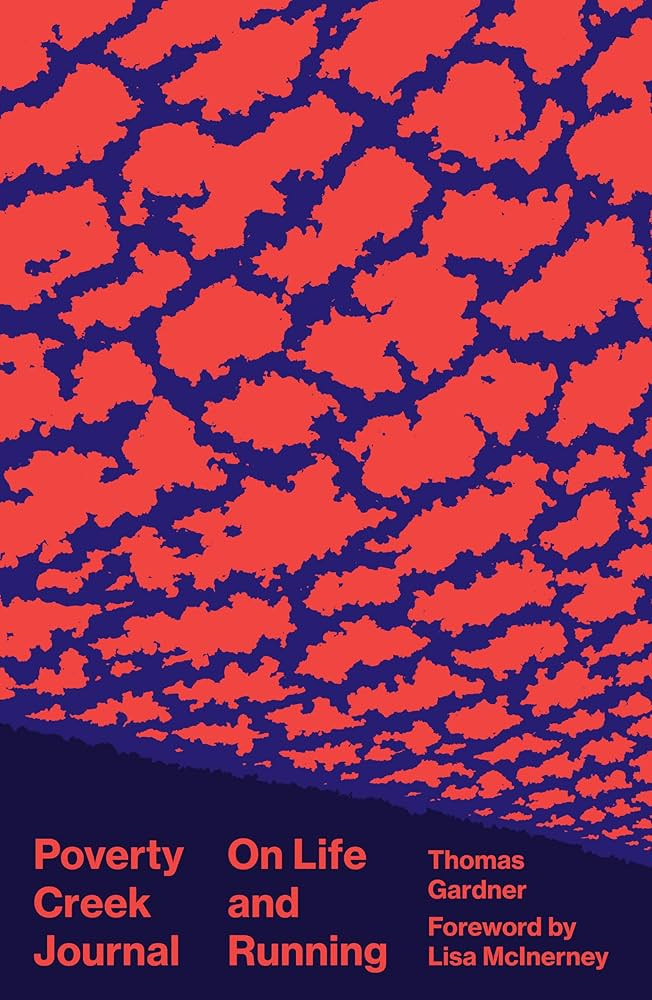Dear Friends,
Happy Christmas, festive greetings and a joyful new year!
I thought I would end the year reflecting on some of my favourite books I have read in 2024. It was a busy year for books, with 65 books read, mostly non-fiction. Hopefully, enough novels are thrown in to keep me slightly emotionally well-rounded.
I round up some of the books I have most enjoyed across the categories of business, novels, non-fiction, history, and memoirs. And including some honourable mentions in bold.
Business / Innovation
Some of the businessy books I have most enjoyed this year have been more fundamental ones about innovation and where it comes from.
Doing Capitalism in the Innovation Economy by William H Janeway
Part memoir, part grand historical-economic narrative, Janeway recounts decades of his involvement and learnings in the venture industry as a theorist-practitioner. He tells the story of the innovation economy through the three-way game played by the State, Entrepreneurs, and Financiers.
Crucial to his vision is the necessary and natural role of speculation and bubbles in creating the space that allows new economic regimes to emerge. Where technological advancement fails to create (often wasteful in the Schumpeterian sense) hype, IPO markets will be muted, and other routes to liquidity must be forged.
There are heaps of wisdom in this book, and of particular value is the long-term top-down perspective on what it takes to achieve supernormal returns, such as the broader public market conditions. This is something I feel that gets lost in the climate community, which more generally has a culture of excitement about solutions emerging to industry problems from a bottom-up view.
Others:
America Inc.?: Innovation and Enterprise in the National Security State by Linda Weiss
The Uncertainty Mindset: Innovation Insights from the Frontiers of Food by Vaughn Tan
Competitive Strategy: Techniques for Analyzing Industries and Competitors by Michael E Porter
The Idea Factory: Bell Labs and the Great Age of American Innovation by John Gertner
7 Powers: The Foundations of Business Strategy by Hamilton Helmer
The Five Dysfunctions of a Team by Patrick Lencioni
The Innovator's Dilemma: The Revolutionary Book that Will Change the Way You Do Business by Clayton M Christensen
Measure What Matters by John Doerr
Blue Ocean Strategy: How to Create Uncontested Market Space and Make the Competition Irrelevant by W. Chan Kim and Renée Mauborgne
The Mom Test: How to talk to customers & learn if your business is a good idea when everyone is lying to you by Rob Fitzpatrick
My heuristic is that the totality of useful information in a business book is inversely proportional to the sum of the font size and page margins. Many airport-style business bestsellers would be better as blogposts, and I generally try to avoid them. When I read them, as an exercise, I try to condense them down to 300 words or less with little loss of information.
Novels
Overall, a slightly francophile and weeb selection of novels this year. I have also been experimenting with miscellaneous novels and histories set in the places I travel to, adding a nice bit of stochasticity to my reading list.
The Magus by John Fowles
A recent graduate goes to teach English on a tiny Greek Island called “Phraxos”, and is swiftly drawn into the dark psychological games of a wily trickster. Both obscene and baroque with symbolism, the book becomes increasingly hallucinatory as the reader becomes as confused as the protagonist, Urfe. I recommend reading this on a small Greek island with a similar name in the summer heat as I did. The experience was quite enveloping.
In Ascension by Martin MacInnes
A sci-fi book that follows a Dutch microbiologist on a space odyssey to find the source of a mysterious emission on the edge of the solar system. It is much like if Kubrick did astrobiology, complete with a third-act journey through some star-gate; but this is underselling it a little. Personally, I am just an occasional sci-fi reader. I recommend this to anyone at least sci-fi-curious.
L'Insoutenable légèreté de l'être by Milan Kundera
The Maniac by Benjamín Labatut
Foucault’s Pendulum by Umberto Eco
Kokoro by Natsume Sōseki
Klara and the Sun by Kazuo Ishiguro
Cocaine Nights by J.G. Ballard
Candide ou L’optimisme by Voltaire
Humus by Gaspard Kœnig
Spring Snow by Yukio Mishima
Runaway Horses by Yukio Mishima
Perfume: The Story of A Murderer by Patrick Süskind
New York 2140 by Kim Stanley Robinson
La fête de l'insignifiance by Milan Kundera
Brighton Rock by Graham Greene
La Place by Annie Ernaux
The City and Its Uncertain Walls by Haruki Murakami
General Non-Fiction
Material World: The Six Raw Materials That Shape Modern Civilisation by Ed Conway
The book tells the story of the extraction and usage of six key raw materials that undergird our modern world: sand, salt, iron, oil, copper, and lithium. The historical narratives, in which Chile ends up feeling like the world-navel, are full of interesting tidbits. This is exceptionally researched and an uncomplicatedly fun read.
Others:
Under a White Sky: The Nature of the Future by Elizabeth Kolbert
Time by Eva Hoffman
Wild Fell: Fighting for Nature on a Lake District Hill Farm by Lee Schofield
A Brief History of Motion: From the Wheel, to the Car, to What Comes Next by Tom Standage
How Big Things Get Done: The Surprising Factors That Determine the Fate of Every Project, from Home Renovations to Space Exploration and Everything In Between by Bent Flyvbjerg and Dan Gardner
The Primacy of Doubt: From Quantum Physics to Climate Change, How the Science of Uncertainty Can Help Us Understand Our Chaotic World by Tim Palmer
Biodiversity Conservation: A Very Short Introduction by David W MacDonald
Cribsheet: A Data-Driven Guide to Better, More Relaxed Parenting, from Birth to Preschool by Emily Oster
The Burnout Society by Byung-Chul Han
Into the Clear Blue Sky: The path to restoring our atmosphere by Rob Jackson
History
The Faithful Executioner: Life and Death, Honor and Shame in the Turbulent Sixteenth Century by Joel F Harrington
A book about Meister Franz Schmidt, an executioner in 1500s Nuremberg. His story is known due to the remarkable diary that he kept of his life and grizzly work. It was not a life he chose – his father, once a woodsman, had been arbitrarily forced into becoming an executioner on the whim of a nobleman – and he inherited the shame and obligation.
Despite the horrors that he was compelled to inflict on others, his true calling was that of a healer. He used his knowledge of human anatomy obtained in the service of breaking bodies to heal them. In the final act of his life, as a result of a dogged lifetime pursuit of respectability, he was able to successfully petition the Holy Roman Emperor to absolve his descendants of the shame of becoming executioners.
The book is a fascinating dive into the alien moral economy of shame and respectability of premodern Europe and the sympathetic story of someone whose profession provokes revulsion.
The Horse, the Wheel, and Language: How Bronze-Age Riders from the Eurasian Steppes Shaped the Modern World by David W Anthony
Anthropologist, David Anthony lays out his modified Kurgan hypothesis as to the origins and propagation of the Proto-Indo-European (PIE) language. It details the evidence that a horse-riding, Kurgan-building, wagon-living, sky-father (*Dyḗus ph₂tḗr ≈ Deus Pater) worshiping people who lived north of the Black Sea in the Caspian spoke the original language from which all Indo-European languages are descended.
It is a gigantic work of synthesis that combines comparative linguistics, mythology, archeology, and even veterinary science. In the middle of the book, you may go slightly crazy with lists of bronze grave goods and long Ukrainian place names, but the payoff when all the threads come together is extremely gratifying at around chapter 13.
Others:
Twice a Stranger: The Mass Expulsions that Forged Modern Greece and Turkey by Bruce Clark
Say Nothing: A True story of murder and memory in Northern Ireland by Patrick Radden Keefe
The Battle for Spain: The Spanish Civil War 1936-1939 by Anthony Beevor
The Balkans: Nationalism, War and the Great Powers 1804-1999 by Misha Glenny
Arabs: A 3,000-Year History of Peoples, Tribes and Empires by Tim Mackintosh-Smith
Persian Fire: The First World Empire and the Battle for the West by Tom Holland
Genghis Khan: The man who conquered the world by Frank McLynn
The Best and the Brightest by David Halberstam
The Anglo-Saxons: A History of the Beginnings of England, 400–1066 by Marc Morris
After 1177 B.C.: The Survival of Civilizations by Eric H. Cline
Atatürk: The Biography of the Founder of Modern Turkey by Andrew Mango
Byzantium: The Surprising Life of a Medieval Empire by Judith Herrin
Jerusalem, the Biography by Simon Sebag Montefiore
The Alchemy of Air: A Jewish Genius, a Doomed Tycoon, and the Scientific Discovery That Fed the World but Fueled the Rise of Hitler by Thomas Hager
Millennium: The End of the World and the Forging of Christendom by Tom Holland
The Story of China: The Epic History of a World Power from the Middle Kingdom to Mao and the China Dream by Michael Wood
Memoir
Poverty Creek Journal by Thomas Gardner
A short book of diary entries about running from the year in which the author’s brother unexpectedly died. Gorgeous prose-poetry about grief, nature, mud and miles. A book that has grown on me over the year.
Others
Abducting a General: The Kreipe Operation and SOE in Crete by Patrick Leigh Fermor
A Time of Gifts by Patrick Leigh Fermor
Homage to Catalonia by George Orwell
Politics on the Edge by Rory Stewart
Notes from an Island by Tove Jansson
Shoe Dog: A Memoir by the Creator of Nike by Phil Knight
Thanks to those who have shared their recommendations over the year. As always, send me your book recommendations for next year. Wishing you a wonderful 2025 in books!
LDCB





